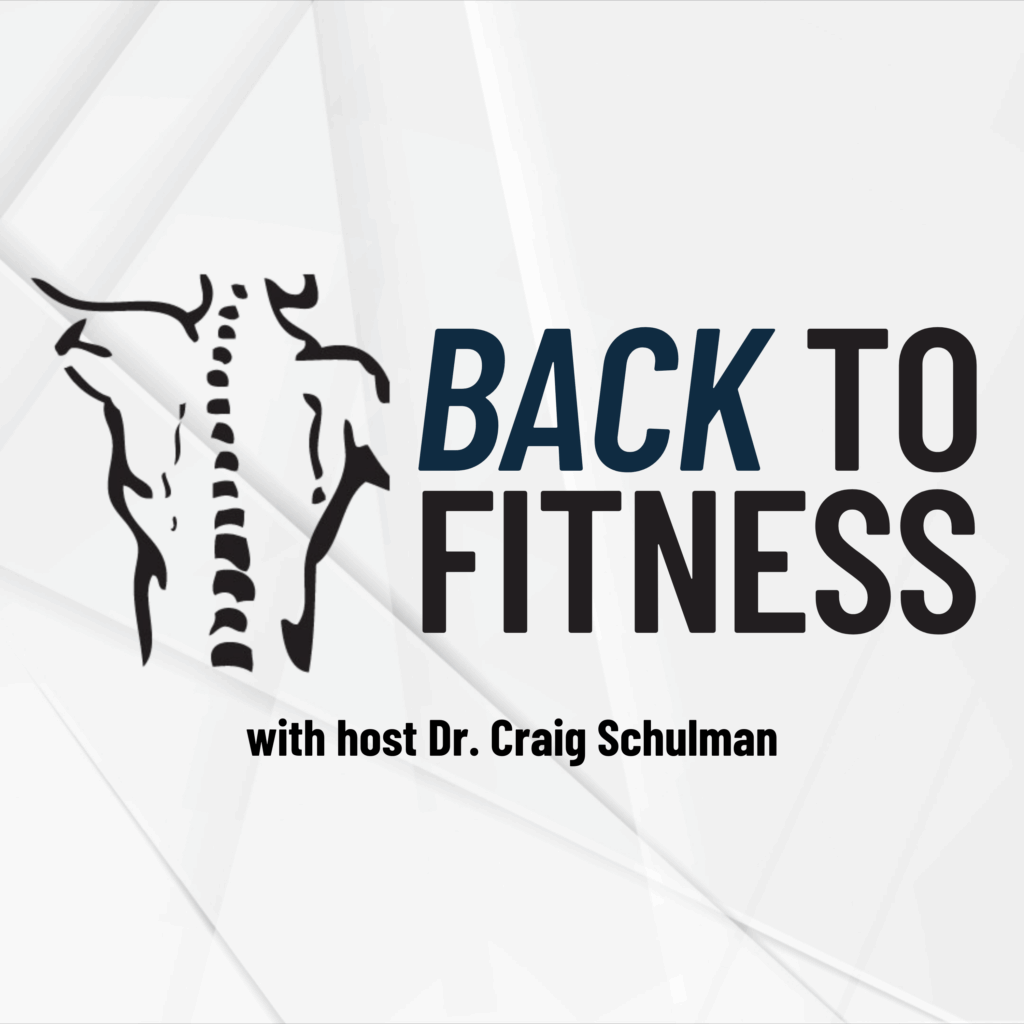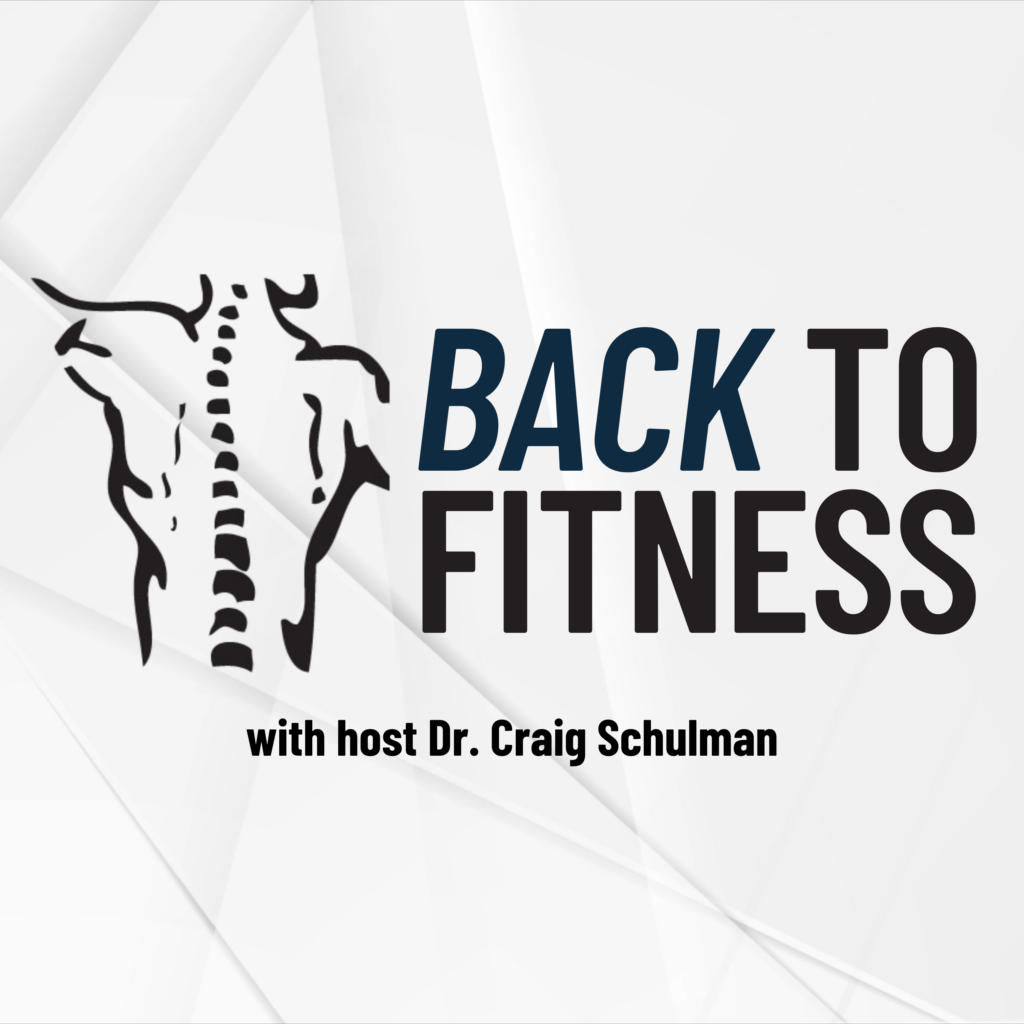Back to Fitness
Achieve Optimal Health
- February 5, 2026
Many of my patients say they feel “tight” or “creaky” when the weather changes. This is especially common in areas where there’s already some wear-and-tear—like old injuries or arthritis.
- January 23, 2026
And if your knees ache after long periods of sitting or standing? It might be a sign your joints aren’t moving the way they should be. Mobility work paired with chiropractic care can help restore that lost range of motion.
- January 12, 2026
Tech neck isn’t just annoying — over time, it can lead to poor posture, spinal misalignments, nerve irritation, and even early degeneration in the cervical spine.
- December 29, 2025
Now, to be clear, chiropractic isn’t a cure for colds or the flu. But what we do focus on is the nervous system — and that’s the same system that communicates with your immune system. When your spine is out of alignment, it can interfere with nerve signals that help regulate immune function.
- December 11, 2025
Of course, not every baby will need chiropractic care, and that’s why we always start with a careful assessment. At Chiropractic Fitness, we specialize in age-appropriate care for even the tiniest patients.
- November 25, 2025
When the spine is out of alignment — what we call a subluxation — it can put pressure on those nerves, leading to pain, stiffness, or even problems in areas you wouldn’t immediately connect to your spine, like digestion or breathing.
- November 11, 2025
We see this all the time at Chiropractic Fitness — patients who commit to regular maintenance care often experience far fewer flare-ups and live more active, pain-free lives.
- October 27, 2025
The truth? Chiropractic care is incredibly safe — especially when it’s performed by trained, licensed professionals like the ones here at Chiropractic Fitness.
- October 13, 2025
If you’re curious about how chiropractic can help you up your game, give us a call. Chiropractic Fitness is ready to support your active life.
- September 30, 2025
One of the biggest benefits of spinal decompression is that it treats the root cause of the pain rather than just masking symptoms. Instead of relying on medications or rushing into surgery, spinal decompression offers a natural, effective option for healing.
- September 15, 2025
When you’re stressed, your body releases hormones like cortisol and adrenaline, preparing you for a ‘fight or flight’ response. While this is useful in short bursts, chronic stress keeps these hormones elevated, which can lead to issues like anxiety, fatigue, and even physical pain.
- September 5, 2025
Body alignment refers to how your head, shoulders, spine, hips, knees, and ankles relate and line up with each other. Proper alignment means that your body is well-balanced, with minimal strain on your muscles, ligaments, and joints.
- August 27, 2025
When people think about core strength, they often picture six-pack abs or crunches, but there’s so much more to it. Your core muscles include not just your abdominal muscles, but also your back muscles, pelvis, and hips.
- August 12, 2025
So, what causes plantar fasciitis? It can develop for a few reasons. Maybe you spend long hours on your feet, wear unsupportive shoes, or have flat feet or high arches that change the way your foot bears weight. Runners and people who suddenly increase their activity level can also be at risk.
- July 28, 2025
Today, we’re diving into what carpal tunnel syndrome is, why it happens, and how chiropractic care can help you find relief naturally.
- July 9, 2025
Now, don’t get me wrong, vacations are great. But between long car rides, cramped airplane seats, and unfamiliar hotel mattresses, your spine can go through a lot more stress than you might think.
- June 24, 2025
Whether you’re a caregiver for a loved one, a traveling professional always on the go, or even just juggling the daily chaos of family life, your body is keeping score. And one of the first places that tension and wear-and-tear shows up? Your back.
- June 11, 2025
Alright, it’s summer. The days are longer, the sun’s hotter, and we’re all spending more time outdoors. Whether you’re hitting the pool, going for hikes, or just mowing the lawn—there’s one key thing many people forget when it comes to their health this time of year: hydration and inflammation—and how both affect your spine.
- May 29, 2025
Today, we’re diving into how to stay active and injury-free during the summer months, because they’re finally here! Whether you’re heading to the beach, joining a rec sports league, or chasing your kids around the backyard, summer brings a whole new set of activities — and with it, a higher risk of strains, sprains, and unexpected aches.
- May 12, 2025
A lot of our patients have office jobs or other roles that tie them to their chair. Sitting for hours at a time increases back pain, weakens your muscles, and even slows your metabolism. But the good news? Small changes make a big difference.





